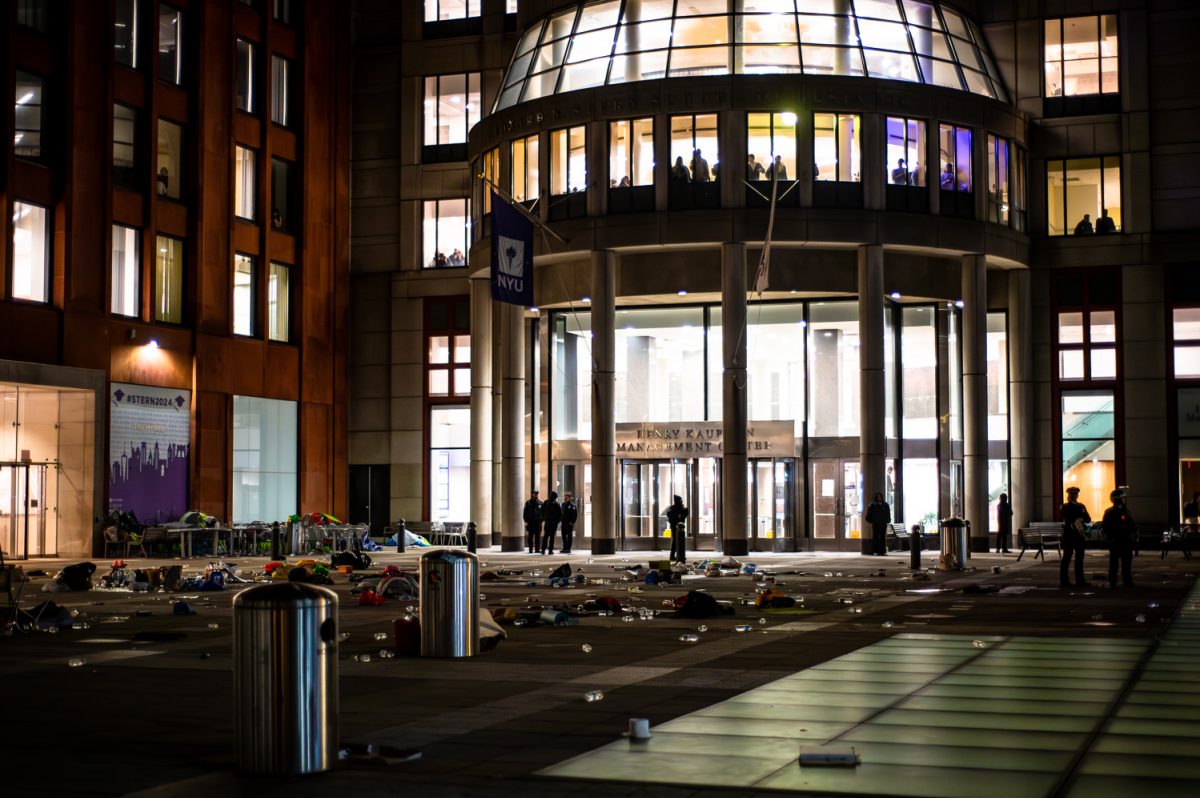When the Muslim Brotherhood emerged as the victors of the Arab Spring in Egypt, it was a historical moment for an organization whose members had been perennially arrested, tortured and executed. The group was able to secure consecutive electoral victories because of their ability to mobilize supporters rather than gain a popular mandate for governing. From 2011 to 2012, the Brotherhood’s Freedom and Justice Party won 47 percent of the seats in the People’s Assembly and 59 percent of the contested seats in the Shura Council, the lower and upper houses of the Egyptian Parliament, respectively. Yet the turnout for those two elections, 52 percent and 10 percent respectively, were hardly a popular mandate for governing. The 2012 presidential election, in which President Mohamed Morsi won a runoff with 51.7 percent of the vote, demonstrated that almost half of the country would rather choose Ahmad Shafik, Hosni Mubarak’s associate, than Morsi.
While packing his administration with Brotherhood members, Morsi made an autocratic gesture of assuming broad legislative and executive powers, securing himself a key role in drafting the new constitution. During his tenure, unemployment rose to 13 percent and inflation to 8.7 percent, revenues from tourism dropped $2.5 billion and foreign investment remained in decline. For many Egyptians, Morsi had fulfilled no part of the revolutionary slogan: “Bread, freedom and social justice.” Even absent the military’s coup, the Brotherhood’s exit was a matter of time. Soccer riots in Port Said, which escalated and plunged part of Egypt into a state of emergency, exposed the depth of anti-Brotherhood sentiment and revealed the fragility of Morsi’s government. That the Egyptian public has mostly stood by the military, despite its bloody crackdown on the Brotherhood, attests to the public’s complete exhaustion with Morsi and his party.
While Egypt’s emergent leader Field Marshal Abdel Fattah el-Sisi resumes his persecution of the Brotherhood, the group still commands one outpost along the Egyptian border. East of the Sinai Peninsula is Gaza, a tiny stronghold guarded by the Brotherhood’s Palestinian offshoot, Hamas. Like its parent organization, Hamas first rose to prominence during a popular Arab uprising, the first Intifada. The armed resistance of its al-Qassam brigades during the uprising earned Hamas legitimacy as an advocate for Palestinians and a staunch opponent of Israel. Two decades later, in the 2006 legislative elections, Hamas’ formal entrance into electoral politics was met with a landslide win. Hamas swept 76 out of 132 seats, while the ruling Fatah party held on to only 43.
While Hamas certainly had greater support than the Brotherhood in post-Arab Spring Egypt, it was not immune to the same pressure of public approval. Many Palestinians did not approve of Hamas’ categorical rejection of a two-state solution and resumption of terrorism after the Intifada. In June 2009, Hamas’ approval rating in Gaza and the West Bank dropped to 18.8 percent. Hamas has been able to retain Palestinian loyalty by devoting substantial effort to providing social services — along with armed brigades, it operates key institutions such as schools, orphanages and hospitals. The Israeli scholar Reuven Paz estimated that “approximately 90 percent of its work is in social, welfare, cultural and educational activities.”
Rather than a diversion from Hamas’ political activism, its social activities were a return to the Brotherhood’s original roots. When it was founded in 1928 by Hassan al-Banna, a schoolteacher, he intended for it to drive social change through funding hospitals and schools as a means of infusing Islam into everyday life. It was his successors, desiring rapid change through creation of an Islamic state and focusing on political activism, as well as conducting fruitless assassinations and terrorism, that led to violent repression of the organization.
In its rush to lock in political gains, at the expense of public approval and attention to socially relevant issues such as the economy, the Brotherhood was once again undone by impatience and fixation on political solutions. After the Arab Spring, it was essentially guaranteed a pivotal role in Egyptian politics. Its network of supporters would have made them vital to any coalition government. With their new legal status, members could have expanded their social presence, growing their existing network of charities like Hamas. The Brotherhood emerged unchanged through the Arab Spring, just as deeply persecuted as before, but hopefully the Egypt it delivered to el-Sisi’s hands does not remain the authoritarian state it was before.
William Peng is a contributing columnist. Email him at [email protected].











































































































































